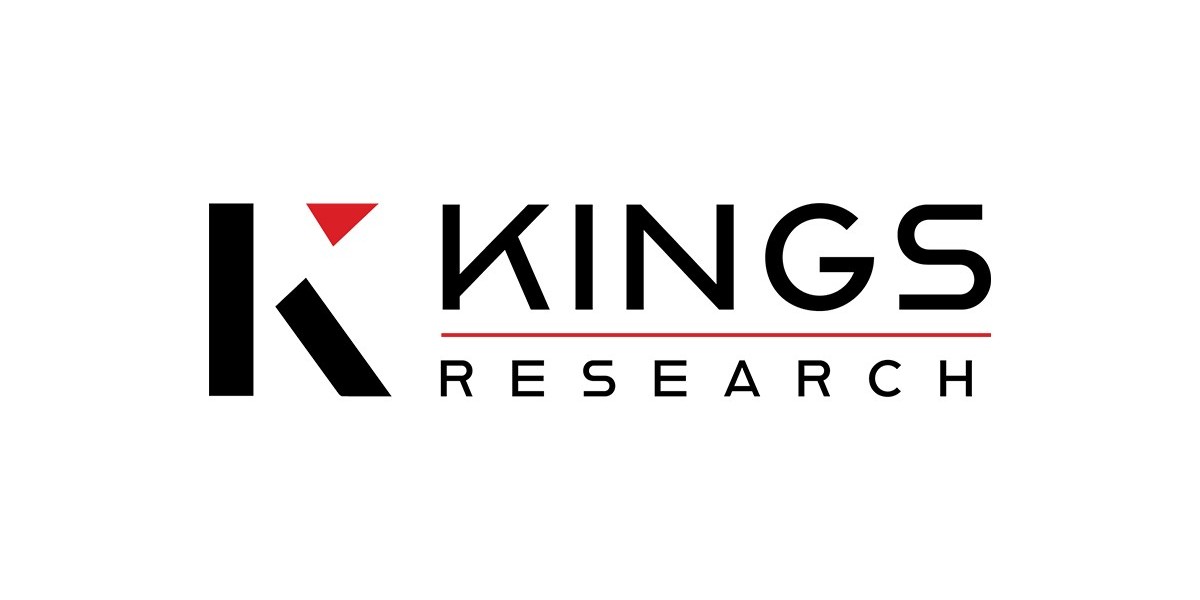Chennai, a bustling metropolis known for its rich cultural heritage and rapid modernization, is home to several international schools that cater to the educational needs of expatriate and local students alike. In a world where safety and security are paramount, these institutions are increasingly prioritizing the implementation of comprehensive measures to ensure the well-being of their students. This article explores the various safety protocols and security measures adopted by international schools in Chennai to provide a secure learning environment.
1. Campus Security Systems
a. Surveillance and Monitoring:
Modern surveillance systems are a staple in Chennai's international schools. High-definition CCTV cameras are strategically placed around the campus to monitor activities continuously. These cameras cover entry and exit points, playgrounds, corridors, and other critical areas, ensuring that any unusual or suspicious activity is quickly detected and addressed.
b. Access Control:
Access to school premises is tightly controlled. Many schools employ electronic access systems, requiring staff, students, and visitors to use ID cards or biometric systems to enter the campus. This ensures that unauthorized individuals are kept out, significantly reducing the risk of intruders.
c. Security Personnel:
Trained security personnel are stationed at various points around the school. They conduct regular patrols and are equipped to respond swiftly to any emergency. Their presence acts as a deterrent to potential threats and provides reassurance to students and parents.
2. Emergency Preparedness
a. Drills and Training:
Regular fire drills, earthquake drills, and lockdown drills are conducted to prepare students and staff for emergencies. These drills are designed to ensure that everyone knows their roles and responsibilities and can act quickly and effectively when needed.
b. Crisis Management Teams:
International schools in Chennai often have dedicated crisis management teams. These teams are trained to handle various emergency scenarios, from natural disasters to security threats. They work closely with local authorities and emergency services to coordinate responses and ensure student safety.
c. Emergency Communication Systems:
Schools employ robust communication systems to alert staff, students, and parents in the event of an emergency. This includes public address systems, mobile apps, and SMS alerts, ensuring timely dissemination of crucial information.
3. Health and Well-being
a. Medical Facilities:
On-campus medical facilities, including well-equipped infirmaries and trained medical staff, are a common feature. Schools also maintain partnerships with nearby hospitals to ensure rapid medical assistance if needed.
b. Health Protocols:
Strict health protocols are in place to prevent the spread of infectious diseases. Regular health check-ups, vaccination drives, and hygiene education are integral parts of the school’s health strategy. Recent global health crises, such as the COVID-19 pandemic, have underscored the importance of such measures, leading to enhanced protocols like temperature checks and sanitization routines.
4. Psychological Safety
a. Counseling Services:
International schools prioritize the mental well-being of their students. Professional counselors are available to provide support and guidance, helping students navigate academic pressures, social challenges, and personal issues.
b. Anti-bullying Policies:
Robust anti-bullying policies are enforced to create a safe and inclusive environment. Schools promote awareness through workshops and campaigns, ensuring that students understand the importance of respect and empathy.
5. Cybersecurity Measures
a. Safe Online Practices:
With the increasing reliance on digital platforms for education, cybersecurity has become a critical concern. Schools implement stringent cybersecurity measures, including firewalls, secure networks, and monitored internet usage, to protect students from online threats.
b. Digital Literacy:
Educational programs on digital literacy and safe internet practices are provided to students. These programs teach students how to protect their personal information, recognize cyber threats, and use technology responsibly.
6. Collaboration with Parents and Community
a. Parental Involvement:
Schools actively involve parents in safety and security initiatives. Regular meetings and workshops are held to educate parents about the measures in place and how they can contribute to their child’s safety.
b. Community Partnerships:
Collaboration with local law enforcement and community organizations enhances the overall security framework. These partnerships facilitate better response times and access to additional resources in emergencies.
Conclusion
The commitment of Chennai's international schools to maintaining high standards of security and safety is evident through their comprehensive measures. By investing in advanced technologies, robust protocols, and community collaboration, these schools ensure a secure and nurturing environment for their students. As these institutions continue to evolve, they remain steadfast in their mission to provide not only quality education but also a safe haven for the next generation of global citizens.
Discover the best international schools in Chennai offering top-notch education, global curricula, cutting-edge facilities, and a supportive environment to prepare students for a successful future.



